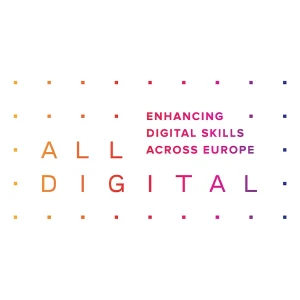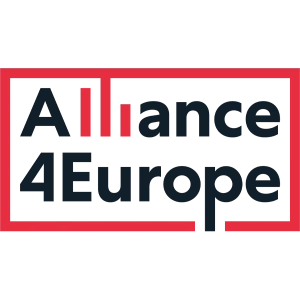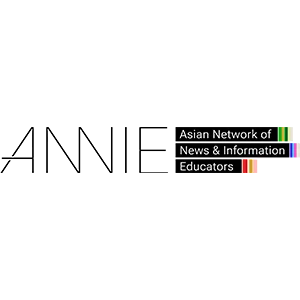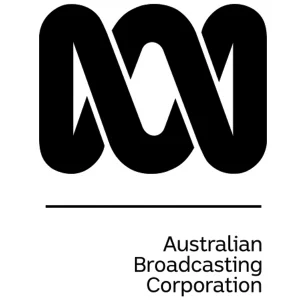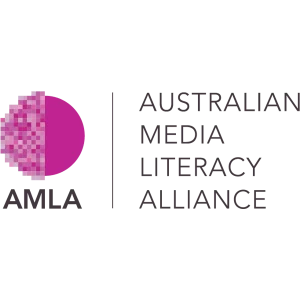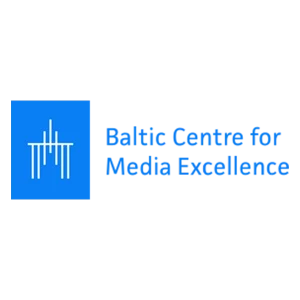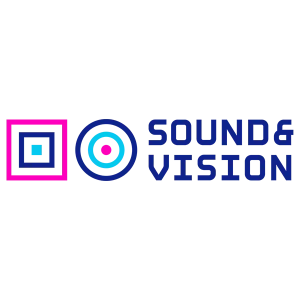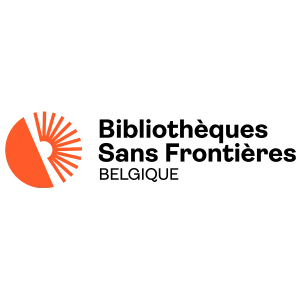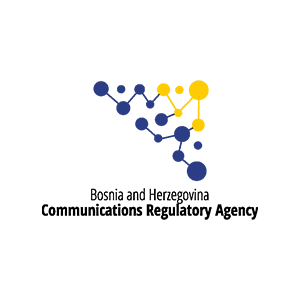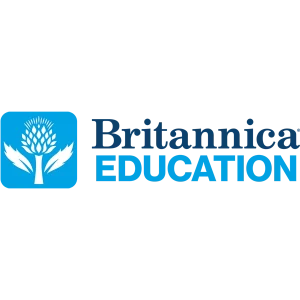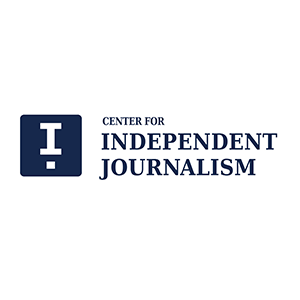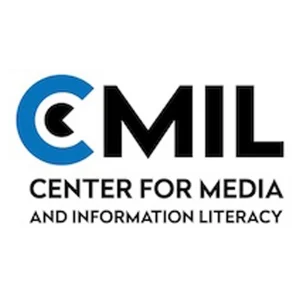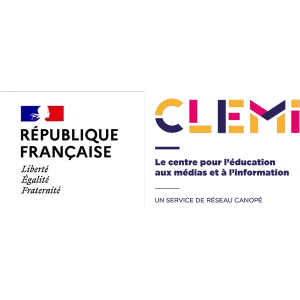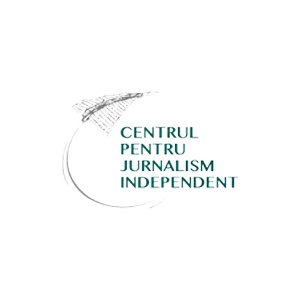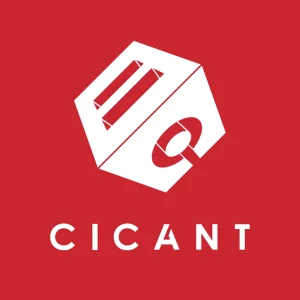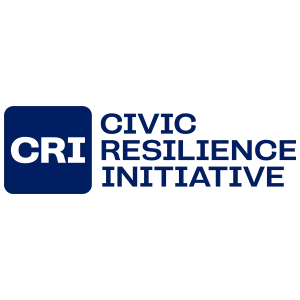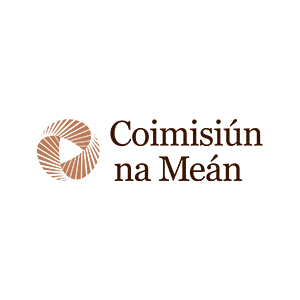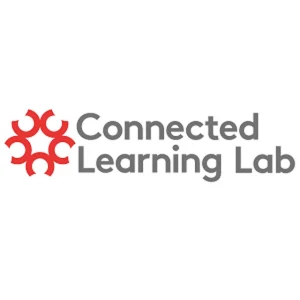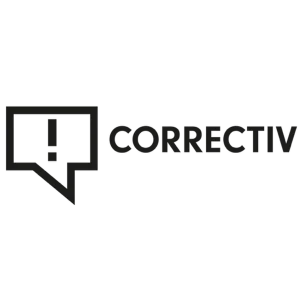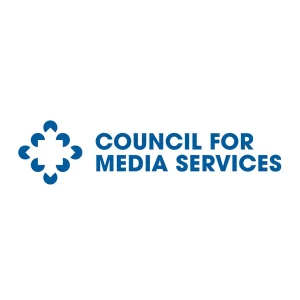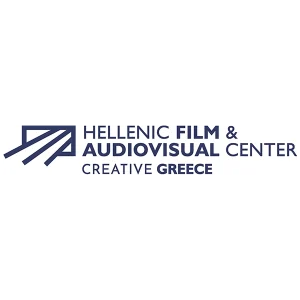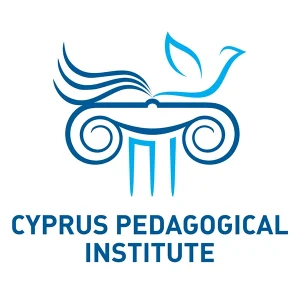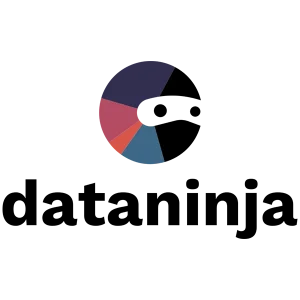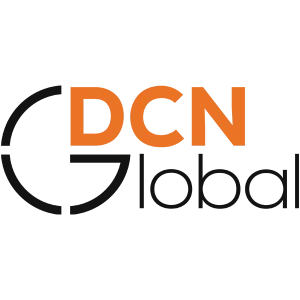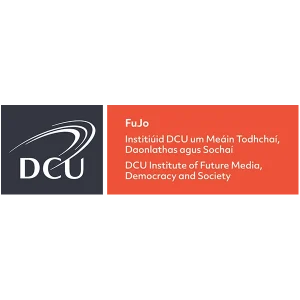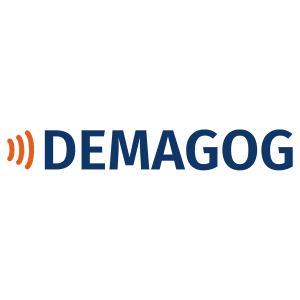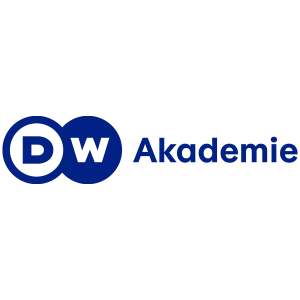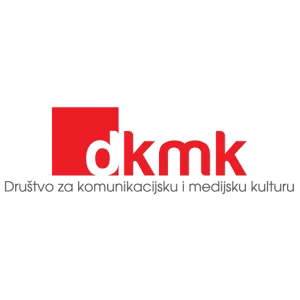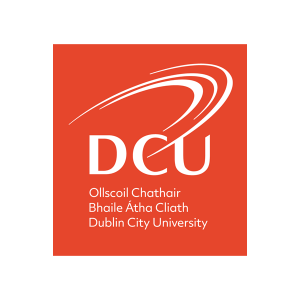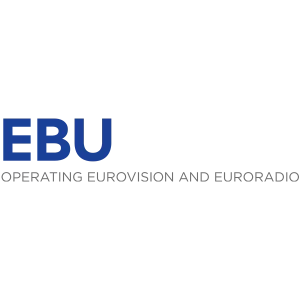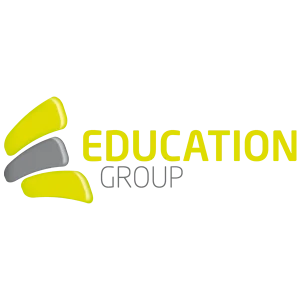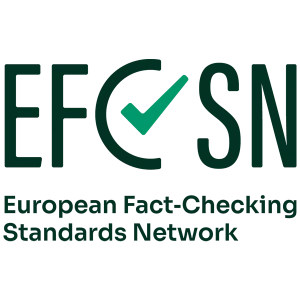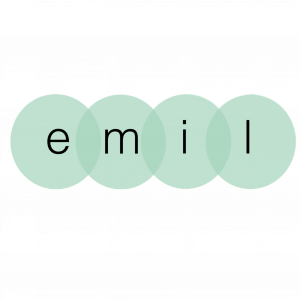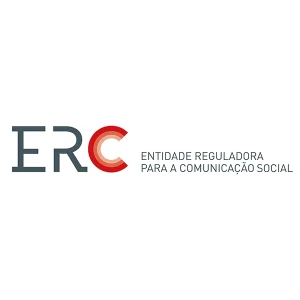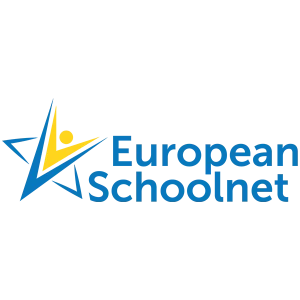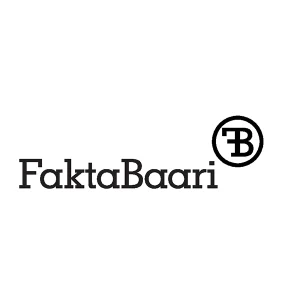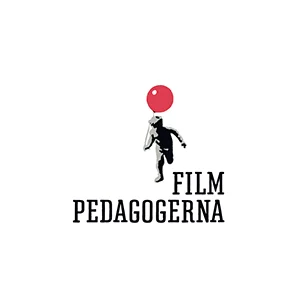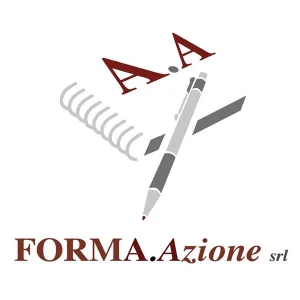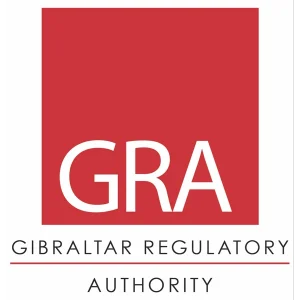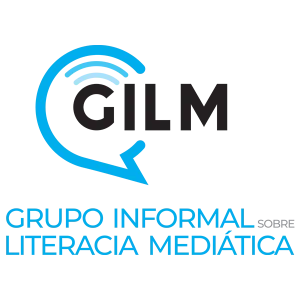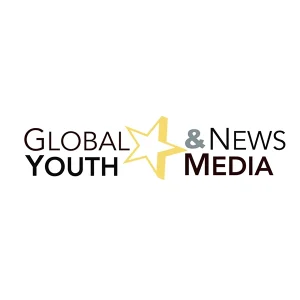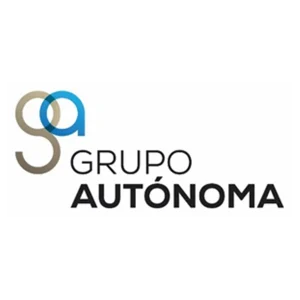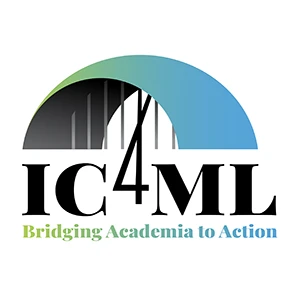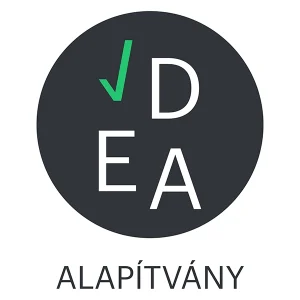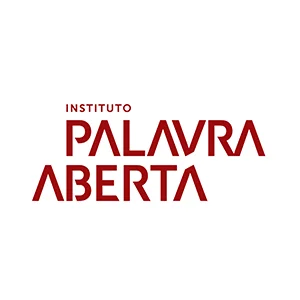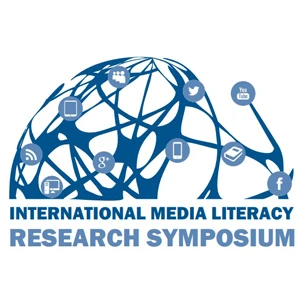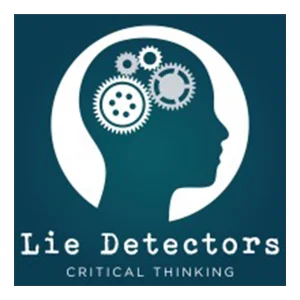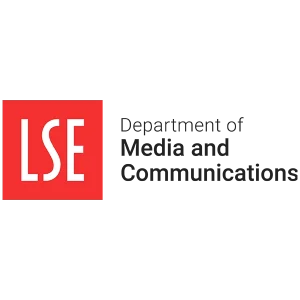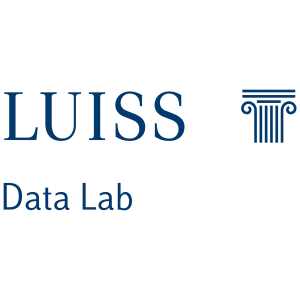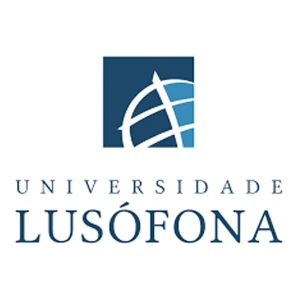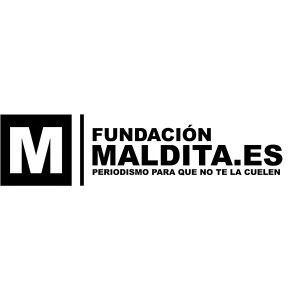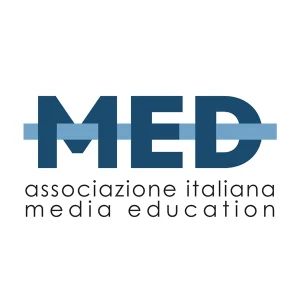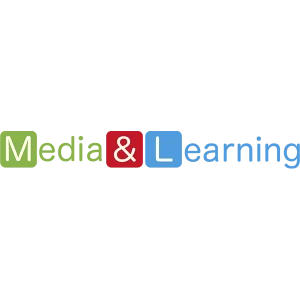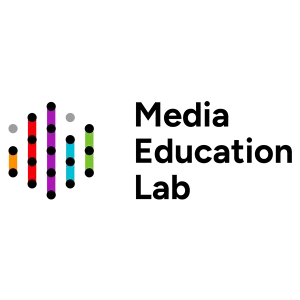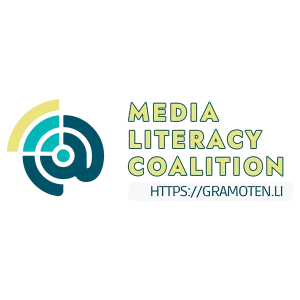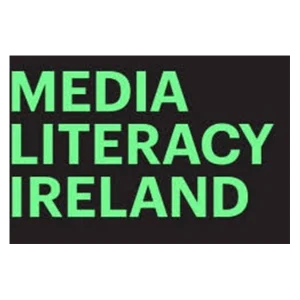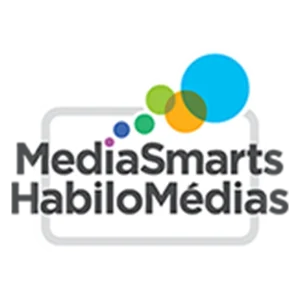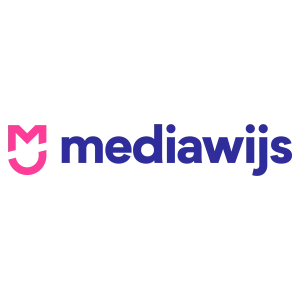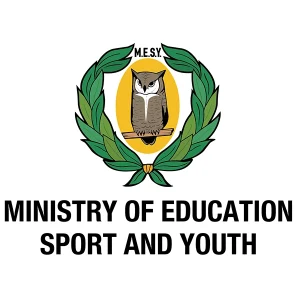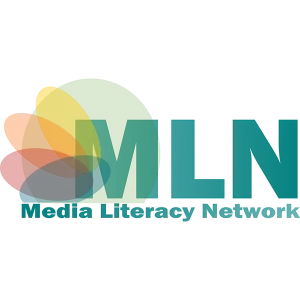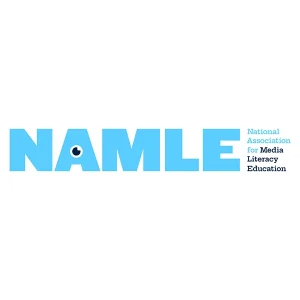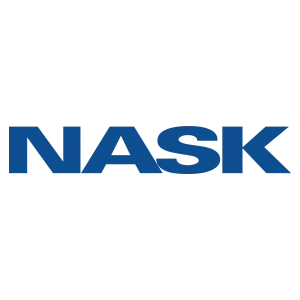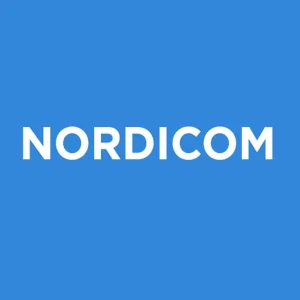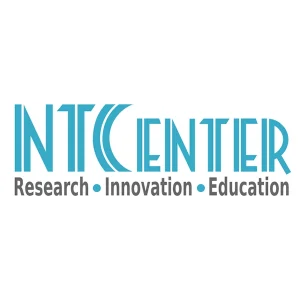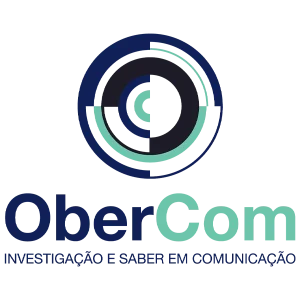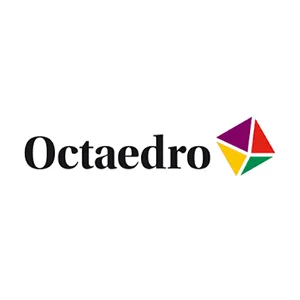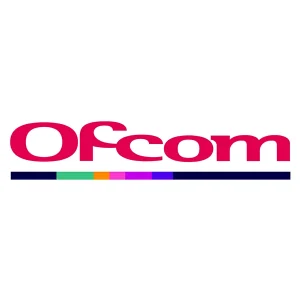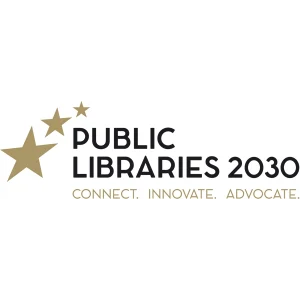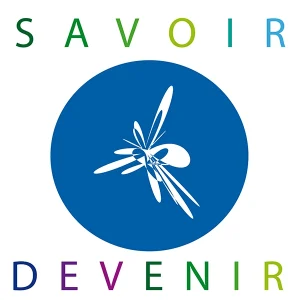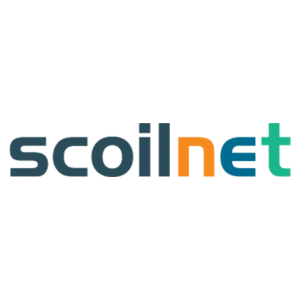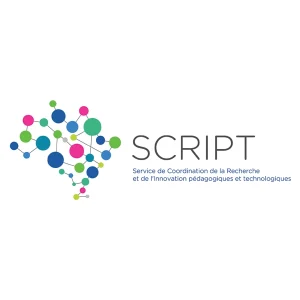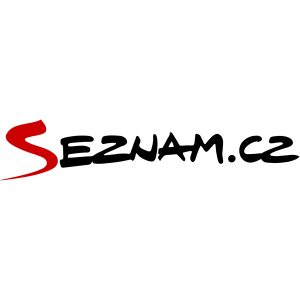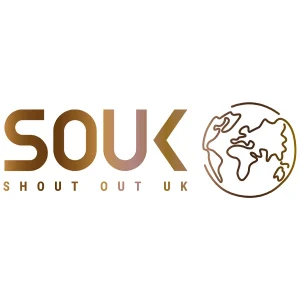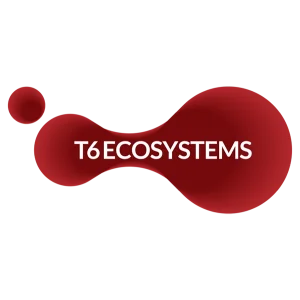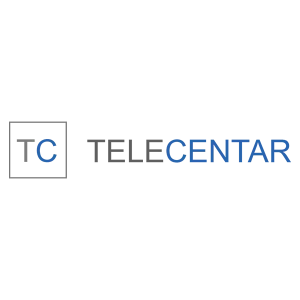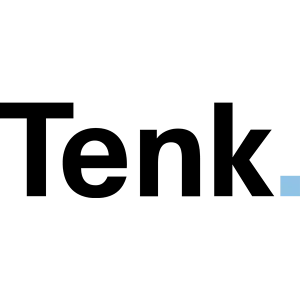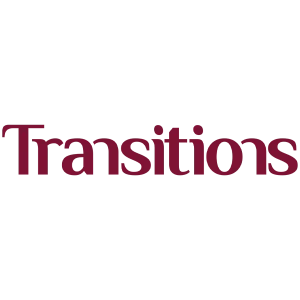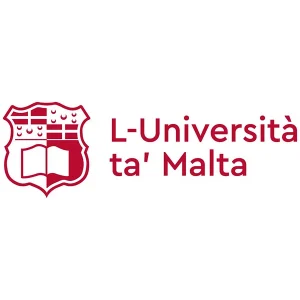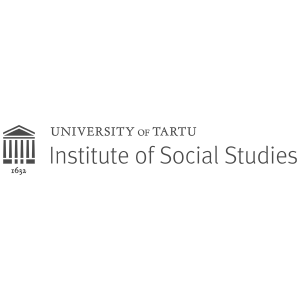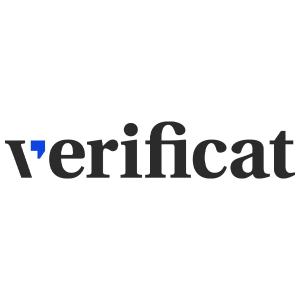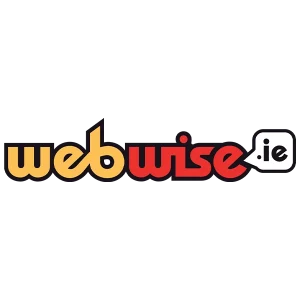EDMO Guidelines for Effective Media Literacy Initiatives
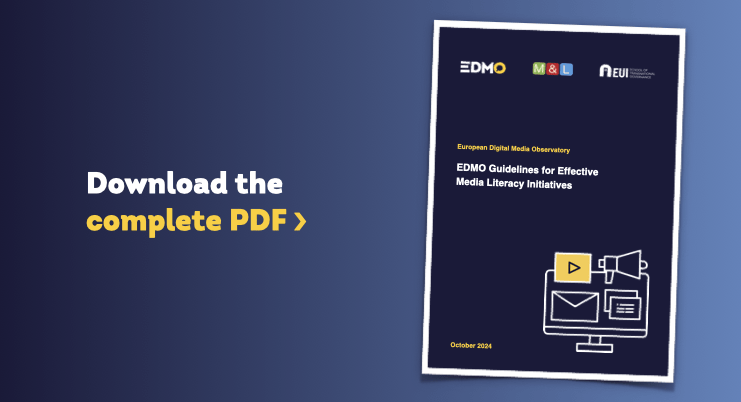
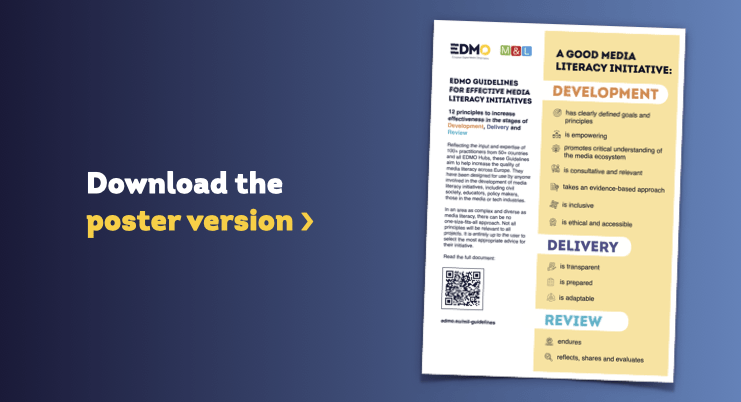
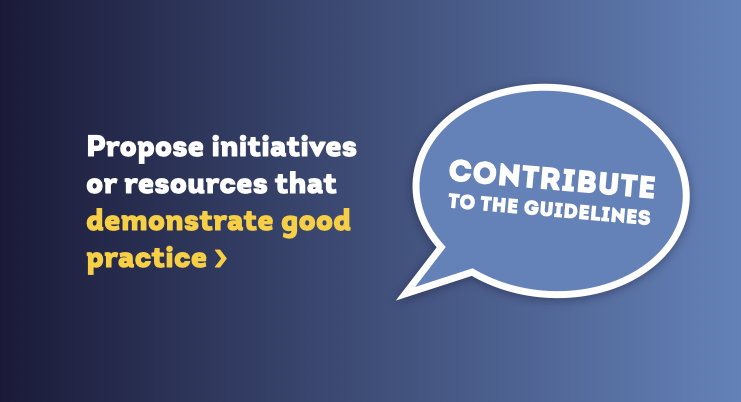



About The Guidelines
This set of principles and guidelines for effective media literacy initiatives has been developed by the EDMO Council on Effective Media Literacy Initiatives with input from the EDMO Hubs and other practitioners and experts during a consultation process which included a public workshop and an open call for written feedback. Its goal is to increase the effectiveness of media literacy initiatives across Europe by developing guidelines that new and existing practitioners can consult. This is crucial to EDMO’s wider mission, since better media literacy is likely to increase the public’s resilience to online mis- and disinformation.
For the purposes of this work, we based our definition of media literacy on that of the European Commission’s Media Literacy Expert Group: media literacy is an umbrella expression that includes all the technical, cognitive, social, civic and creative capacities that allow a person to access, have a critical understanding of the media and interact and engage with it.
These guidelines have been designed for use by anyone involved in the development of media literacy initiatives – civil society, educators, policy makers, those in the media or tech industries. In an area as complex and diverse as media literacy, there can be no one-size-fits-all approach. Media literacy initiatives – such as training courses, published lesson plans or other resources, online games, or campaigns – vary considerably in scope, size, duration and focus. As a result, not all of these guidelines will be relevant to all projects. It is entirely up to the user to select the most appropriate advice for their initiative.
In an area as complex and diverse as media literacy, there can be no one-size-fits-all approach. It is entirely up to the user to select the most appropriate advice for their initiative.
While EDMO’s focus is disinformation, the guidelines can be applied widely across diverse media literacy initiatives. For example, these might include news literacy initiatives, which will have a greater focus on the value of independent journalism in the media ecosystem; wider digital literacy initiatives, which will focus on explaining how digital media operate and how to use them; algo-literacy initiatives, which will focus on understanding the role of algorithms in our media consumption, or many more.
The guidelines checklist is intended to be helpful in raising issues for consideration, based on the experiences of prior media literacy initiatives. It should not become a ‘tick box’ exercise or be used to limit flexibility in developing future initiatives. The Guidelines will be reviewed on an annual basis, to propose changes to the text, please click here.
We have grouped the guidelines under 12 principles, and grouped these into three sections: development, delivery and review.
Development
A good media literacy initiative:
Delivery
A good media literacy initiative:
Review
A good media literacy initiative:
We aim to keep the guidelines concise, with links to further explanation and examples when necessary. In the longer term, we intend to make these guidelines available in multiple languages, and to include localised examples and resources for application in national and regional contexts across Europe.
We are keen to gather a selection of initiatives and helpful resources that demonstrate good practice related to each of the principles within the Guidelines, from across Europe and further afield. We therefore invite media literacy practitioners and experts to propose initiatives and resources that they believe should be included: please click here to propose an initiative. Suggestions will be reviewed regularly by the EDMO Council on Effective Media Literacy Initiatives.
Development
Develop clearly defined, achievable, and explicit goals for an initiative
- Define clear goals at the beginning of an initiative to allow for more focused, targeted work and with the potential for more rigorous and effective assessment and evaluation of these goals. A period of knowledge gathering can help to inform such goals. It is important to bear in mind that these goals might evolve during the course of the project and may be updated and redefined.
- Connect with existing recognised frameworks and skills measures, at a national or international level. For example, the European Digital Competence Framework for all citizens (DigComp) aims to create a common language and understanding of digital competence requirements and development goals among the multiple stakeholders involved in digital skills initiatives.
Establish your key principles
- Identify some key principles to guide your work.
- For example, UNESCO has developed what it calls five laws of media and information literacy, ERGA’s Action Group on Media Literacy has identified a set of six key principles to consider, NAMLE’s resources provide a guide to principles, and Ofcom proposes principles for media literacy design (targeted at online platforms).
Define your target audience
- Knowing your target audience is essential, and it is important not to forget about minorities within a target group. It is worth noting that even within one demographic, existing skill levels and needs are likely to be varied.
- Therefore, it can be helpful to conduct knowledge gathering activities with the audience such as focus groups, observations or surveys to better understand their habits and needs.
Ensure that the initiative takes an empowering rather than solely protectionist approach
- Media literacy skills are clearly vital for promoting online safety and preventing online harms, and much of the funding in this area is likely to be targeted at prevention of/protection against harm, particularly when it comes to vulnerable audiences. However, as decades of research suggest, it is important to think about how media literacy skills and knowledge can empower participants to explore and to create media, as well as to protect them from harm.
- Empowering participants can happen in various ways: for example by recognising and celebrating the existing knowledge and skills of participants, by encouraging peer support, or by ensuring dialogue between those leading the initiative and the participants.
Consider possible negative outcomes, and take steps to reduce any potential harms
- Even with the best of intentions, your project might have unexpected negative outcomes and it is important to be aware of what these might be. For example, could participants end up becoming distrustful of all information, even that from legitimate sources, as a result of a fear of ‘fake news’? Could an increase in digital skills without an accompanying increase in critical thinking capability result in behaviour that is harmful to others?
Improve your audience’s critical thinking skills
- Understanding how the media ecosystem works and building related critical thinking skills is crucial for developing resilience to mis- and disinformation, hate speech, bullying, scams and fraud, social media ‘addiction’ as well as other potential online harms. It will also enable people to engage more creatively and constructively with the online world, to value rigorous, independent journalism and to make informed media choices.
- Depending on the focus of the initiative, this could include explaining the role, history and business models of independent journalism (including public service journalism), of technology companies and their products, of influencers and other advertisers, and the role of policy makers and regulators. This could include explaining the flow of data online and who owns it, thinking about the motivations and interests of those who publish information and about bias, or promoting critical understanding of concepts like the ‘attention economy’ and ‘filter bubbles’.
Consult your target audience and when possible involve them in project design
- In conjunction with the needs analysis, it is essential to include the perspectives of your target audience in the planning and design of an initiative. Consultation might have an impact on the language used, on accessibility requirements, and consideration of equality and inclusion, and will increase the likelihood that your project is relevant to your audience and their lives, accessible, and effective in achieving its goals.
- Remember that your audience may have very different media practices and habits to other sectors of the population, and even to others with similar demographic profiles.
Ensure your approach involves as many relevant stakeholders as possible
- When appropriate, partner with expert organisations who already reach these audiences and have a trusted relationship with them: media literacy work often relates to people’s deeply held beliefs, values and the individuals of institutions they trust, so having an established relationship with audiences is particularly important.
Use an established pedagogical framework with sound learning objectives
- This is essential for any initiatives that involve education or training, whether for children or adults. This should demonstrate awareness of and alignment with educational curricula in the countries involved, as well as established pedagogical practices applied in informal learning settings and adult learning. These Guidelines for teachers and educators on tackling disinformation and promoting digital literacy through education and training produced by the EC provide a comprehensive description of different teaching and learning approaches that can be utilised in support of media literacy initiatives in the classroom.
Carry out a needs analysis
- This should answer the question of why your initiative is necessary, based on the needs of your audience, e.g. gaps in competences, and/or gaps in provision of services/ resources.
- Your initiative is taking place within a wider ecosystem and it is important to work out how it would benefit the audience/wider sector.
Carry out an assessment of existing evidence to establish whether the project is likely to create measurable impact, and the best way to take your project forward
- Identify and consult any existing evidence, in order to help make your initiative as effective and impactful as possible. Such evidence could be academic research, industry research, or outcomes of other projects in the field.
Identify areas of potential resistance
- Existing beliefs (e.g. scepticism of mainstream media or young people are all ‘digital natives’) could have a negative impact on your initiative. It is important to try and identify and anticipate potential points of resistance and consider mitigations to limit the risk of negative impact on the initiative.
Inform and engage the wider media literacy community
- No media literacy initiative operates in a vacuum: Identify and engage with other organisations that engage in media literacy activities in your region and/or are trusted intermediaries for your target groups. It is also worth identifying and engaging with any existing communications and collaboration networks in order to help design your initiative and to build on the experiences of others. Adopting a multi-stakeholder approach can also help to increase the reach and impact of your initiative.
- Think about how your initiative can contribute meaningfully to national expectations, frameworks or curricula for media literacy.
- For example, consider creating an advisory board with representation from several different associated sectors as well as members of your target audience.
Carry out an ethics and accessibility check
- Establish whether there are ethical concerns related to the running of your initiative so as to address these effectively and avoid unintentional harm, particularly when working with children or other vulnerable audiences.
- It is important to consider whether resources/materials have been appropriately designed for readability and accessibility, for example by referring to the principles of universal design.
- Initiatives should be mindful of human rights, including the fundamental right to freedom of expression.
Check for GDPR compliance and any other legal considerations
- A checklist is available here for GDPR compliance.
- Further attention should be paid to the legislation in the country in which you are working.
Delivery
Be transparent about a project’s intentions, process and funding
- Clearly explain your goals, motivation and methods on your website, along with any information about your funding sources, to allow participants and the wider community to better understand your initiative.
- Be aware that many people won’t recognise the term ‘media literacy’ and explain your initiative in language that makes sense to your target audience.
Carry out a pilot project with a suitable sample size, and integrate lessons learnt
- A pilot project allows you to learn a significant amount about the accessibility, useability and effectiveness of your initiative and make necessary adjustments early.
When possible, benchmark target audience’s competences
- Identify a benchmark/baseline to measure against to allow for better target interventions and more effective and informative evaluation. This could involve seeking out existing research and data, or testing your target’s competences before the initiative.
Ensure that sufficient financial and human resources are in place to complete the project, and to evaluate its impact
- Ensure that a project is sustainable with the necessary resources to achieve its aims: this is essential for success.
- Build in an evaluation plan from the beginning of the project so that you can gather any necessary data for effective evaluation. This could include establishing a control group and/or pre-testing for participants, and ensuring that appropriate resources are set aside for post-test work and analysis.
Carry out an improvement assessment on project design, and be prepared to adapt in case of unexpected developments
- Assess the project at an appropriate point during its implementation to allow you to make changes that can improve its outcomes. Flexibility and mechanisms to adapt are important here.
Continue to engage with the target audience throughout implementation
- Seek feedback from your audience/participants regularly during the course of the intervention to allow you to make tweaks. It can identify barriers and challenges in learning for some, and allow you to provide support where necessary.
Review
Seek to extend the project’s usefulness to participants
- Give participants material to take away with useful content, links and resources to help ensure that they absorb the material involved.
- Provide participants with a certificate that they could use on their CVs or on social media (adults) or take home (children) to help both increase their confidence and raise awareness of the initiative.
Consider the durability of the initiative’s outputs
- Ensure that any resources are easy to use by others, and made available in the public domain, so that your project’s usefulness can extend beyond its original term. Check out the EDMO list of European repositories for places where your resources might be made available to others.
- Even if your project is a one-off or of limited duration, the opportunity might arise to run it again, or some projects provide a framework which can then be adapted by others to include different country- audience- or topic-specific content, while benefiting from the research and design efforts already invested.
- Consider whether any resources developed will remain relevant despite inevitable technological change.
- Keep in mind that people play a key role in transmitting media literacy skills, and where possible, design a project that involves people who can continue to do this, so that an initiative’s legacy is more likely to endure. Establishing a network of experts/trainers can help to do this.
Where possible, ensure that resources are available and useable beyond the project’s lifetime, and beyond the project’s original geographical scope
- Projects that have lasting, reusable resources have potential for wider impact.
- Use resources and cross-border partnerships to promote wider dissemination, including translation and cultural adaptation where appropriate, so that resources could be adapted for other markets.
- Targeted dissemination efforts at specific groups/audiences are likely to be more effective than a generic dissemination strategy.
Evaluate impact as rigorously as possible
- Evaluation of impact is hard but important, and it is helpful to consult the various toolkits, resources and research that have been produced.
- Using more than one different methodology for evaluation of each initiative can make your evaluation more valuable. For evaluation to be informative about whether competences have been acquired as a result of an initiative, use of a control group or pre-/post-testing strategy tends to be preferable (including follow up when possible).
- It is important to acknowledge the limitations of evaluation: you can seek to measure competences including skills and knowledge, but the choices that people make aren’t within your control.
Reflect on lessons learnt, including successes, failures and improvements made.
- As well as evaluating impact, reflection is a valuable step in assessing the overall success of a project. It also provides an opportunity to recognise and account for the huge pressureyour organisation might be under to deliver results and impact.
- There is also value in seeking and taking into account participants’ reflections on the initiative.
Share evaluations and lessons learnt with the wider community.
- Share findings and evaluation in a visible and accessible way to create a wider evidence base of what is and isn’t effective that can inform future projects.
- Share what went wrong: this can be hard to do but potentially extremely valuable for those carrying out future work.
Endorsements
Below are the organisations that support the Guidelines For Effective Media Literacy Initiatives. To endorse the Guidelines, please click here.
“Public Service Media organisations are crucial to ensuring that the public are both protected from and educated about the perils that mis- and dis-information can have upon local, national and global democracies. The ABC endorses and congratulates EDMO on the publication of these research-based guidelines which will help steer the production of high-quality media literacy resources and initiatives.”
“European Schoolnet warmly welcomes the EDMO guidelines for effective media literacy initiatives. Over the last decade, we have seen increased support at European and national level for media literacy initiatives and critical thinking, often with a view to promote active and responsible digital citizenship. This set of principles and guidelines will help policy makers and educators to structure their thinking on how to make media literacy work in practice, adopting an evidence-based, inclusive and empowering approach, with clearly defined learning goals and longer-term societal impact in mind.”
‘’Council for Media Services fully supports EDMO guidelines aimed at increasing media literacy in the EU environment. These principle-based guidelines seek to streamline projects and enable better utilization of resources in this area. As such, the effectiveness of media literacy initiatives could be significantly increased by a common approach supported by the guidelines.’’
“In today’s borderless media landscape, shared guidelines for media literacy is very useful. At Tenk, we support these guidelines as they encourage critical thinking and promote quality education in media literacy, empowering individuals to engage with information responsibly.”
“Transitions is proud to endorse the EDMO Guidelines for Effective Media Literacy Initiatives, which provide a vital framework for strengthening public resilience against disinformation. As a nonprofit organization dedicated to media and digital education for seniors, we deeply value the focus on inclusivity, critical thinking, and ethical practices. These principles align with our mission to create an accessible and supportive learning environment for all generations, and we are fully committed to advancing these efforts.”
“These thorough, complex, and sophisticated guidelines are an excellent tool for implementing our future media literacy programmes. It offers a precious common framework for reflection for the European media literacy community.”
‘’These guidelines are an important step towards ensuring there are high standards of media literacy across Europe and that any organisation wishing to implement media literacy can do so effectively.’’
‘’In the era of digital citizenship, we strongly believe Media Literacy to be a vehicle for the modernization of education. EDMO Guidelines for Effective Media Literacy Initiatives are like road markings for all of us practitioners in education and beyond, who seek to adhere to international guidelines, especially while navigating through misty landscapes.’’
‘’Clear, knowledgeable, actionable. These guidelines are a valuable tool for designing effective and impactful media literacy interventions.’’
‘’The EFCSN is the voice of European fact-checkers who uphold and promote the highest standards of fact-checking and media literacy in their effort to combat misinformation for the public benefit. We welcome the EDMO Guidelines for Effective Media Literacy Initiatives. They are comprehensive, actionable and aim to enhance the public’s resilience against mis- and disinformation – a goal which the EFCSN shares.’’
‘’The EDMO Guidelines for Effective Media Literacy Initiatives will help a new generation of practitioners from many different fields gain insight on best practices for designing, implementing, and assessing media literacy programs. Using these guidelines will help people develop programs that have a wide impact and substantial reach. The guidelines will inspire significant innovation in the development of new programs and services. Most importantly, these guidelines reflect and embody the core empowering values of media literacy education as articulated by the global knowledge community.’’
In Maldita we know by experience that fostering media literacy and critical thinking education is indispensable in the battle against disinformation. The EDMO´s guidelines are an excellent tool for every organisation that needs to develop a media literacy initiative from scratch, considering the importance of an evidence-based approach, transparency and community, among others.
About the EDMO Council on Effective Media Literacy Initiatives
The Guidelines were developed by the EDMO Council on Effective Media Literacy Initiatives, which includes members of the EDMO Advisory Board, the EDMOeu Media Literacy team and representatives from the EDMO Hubs:
The EDMO Council on Effective Media Literacy Initiatives was established in September 2023 and has met regularly since then, drafting the Guidelines and reviewing all feedback received during the consultation process. The consultation included a dedicated workshop in December 2023, presentation at the Media Literacy Matters conference in March 2024, and a published draft with an invitation to provide written feedback from April-June 2024.
